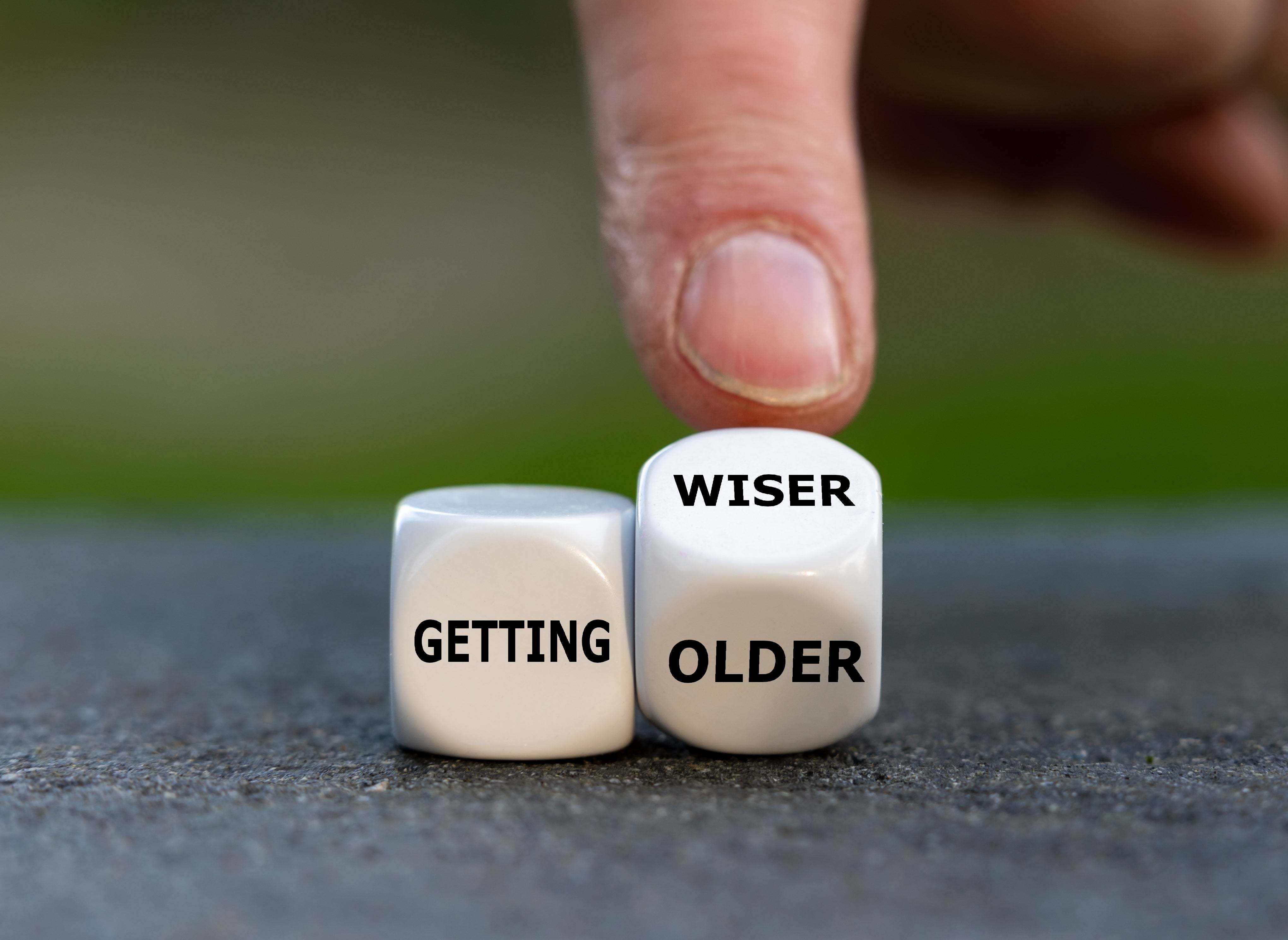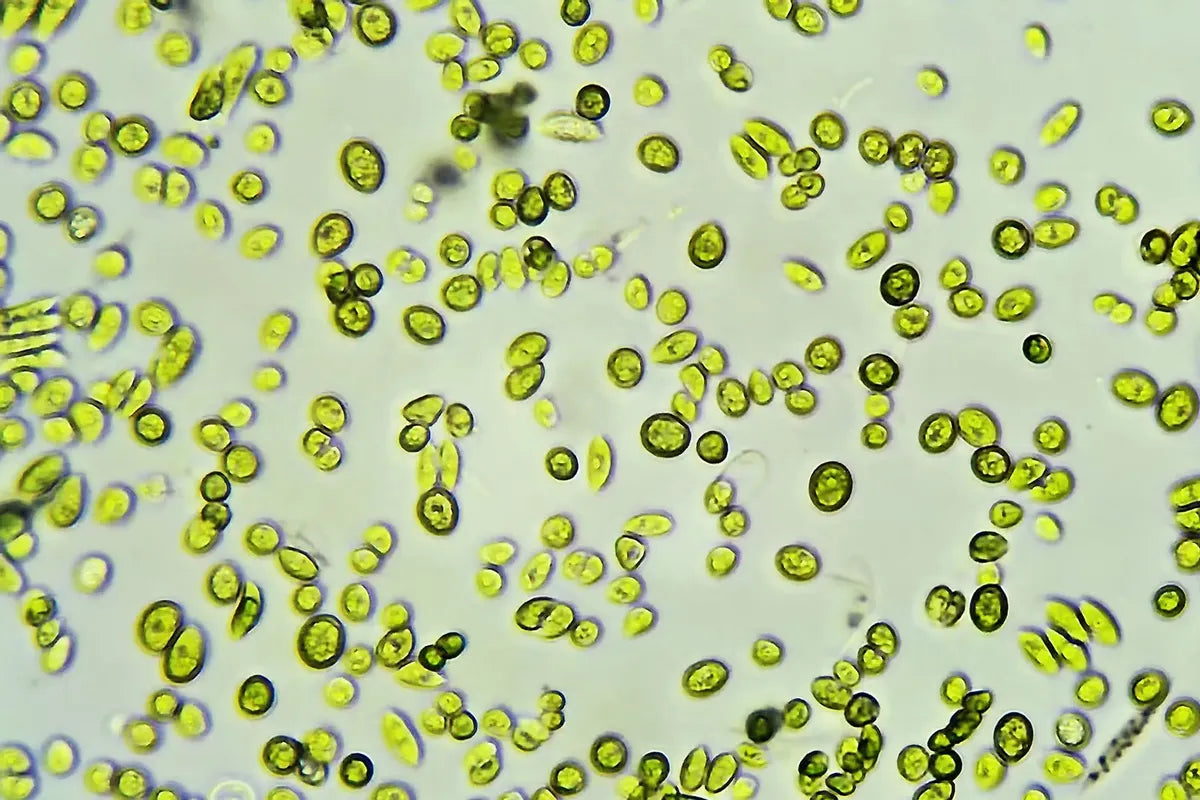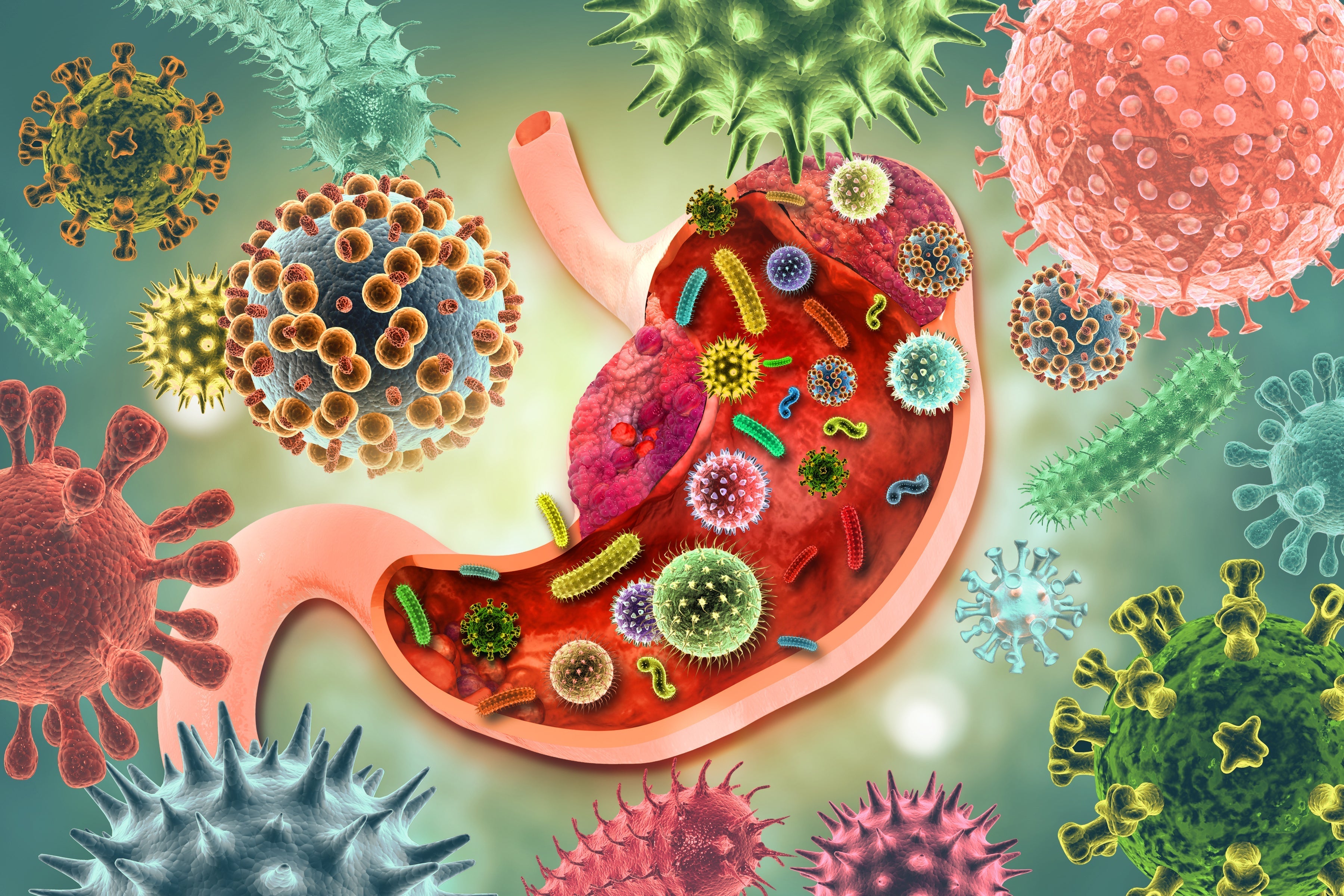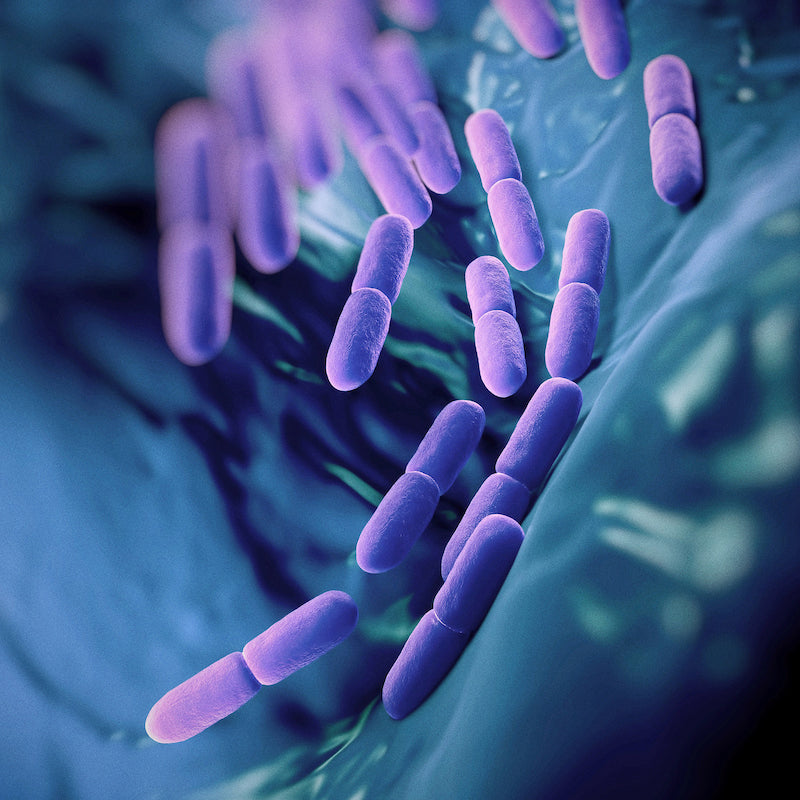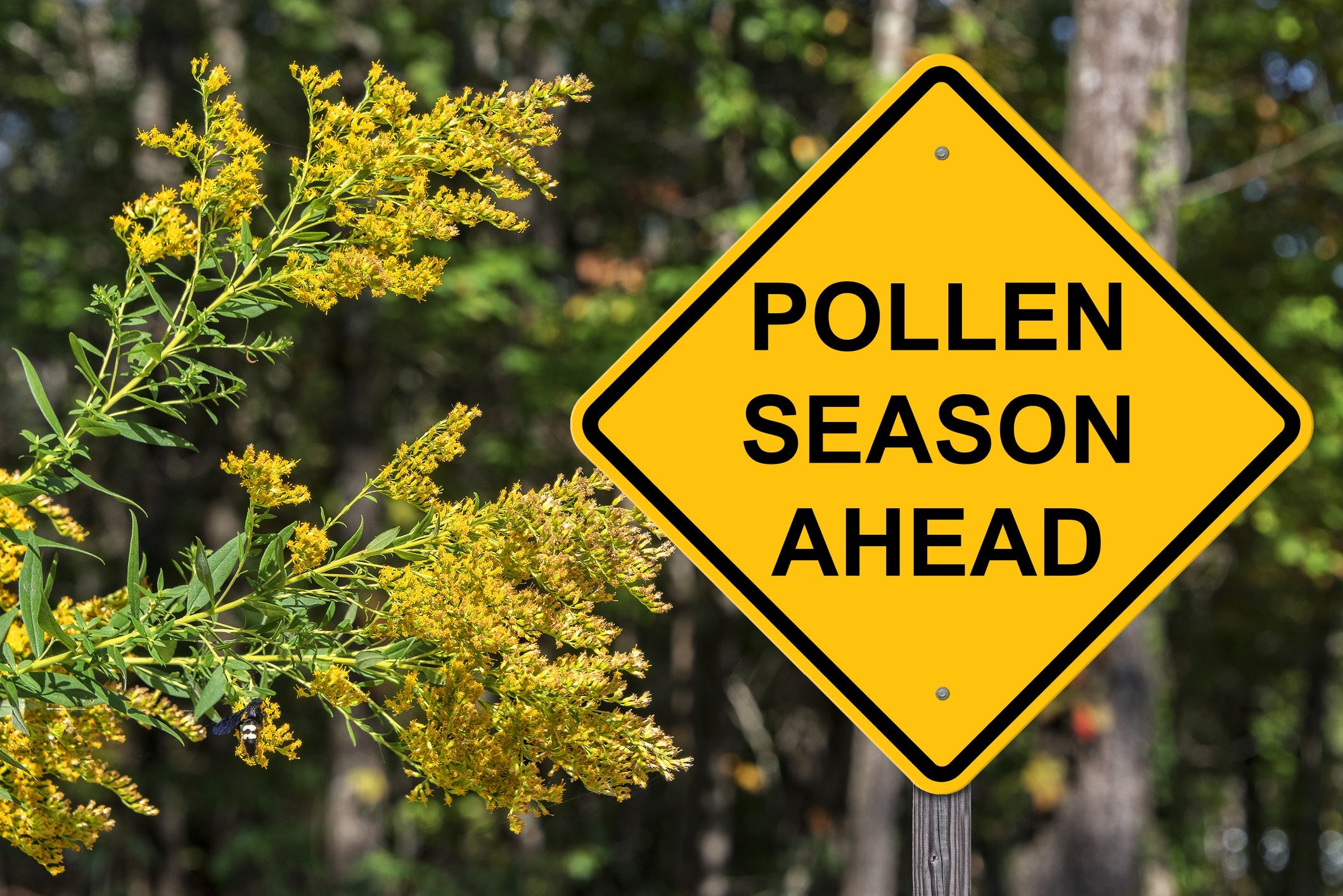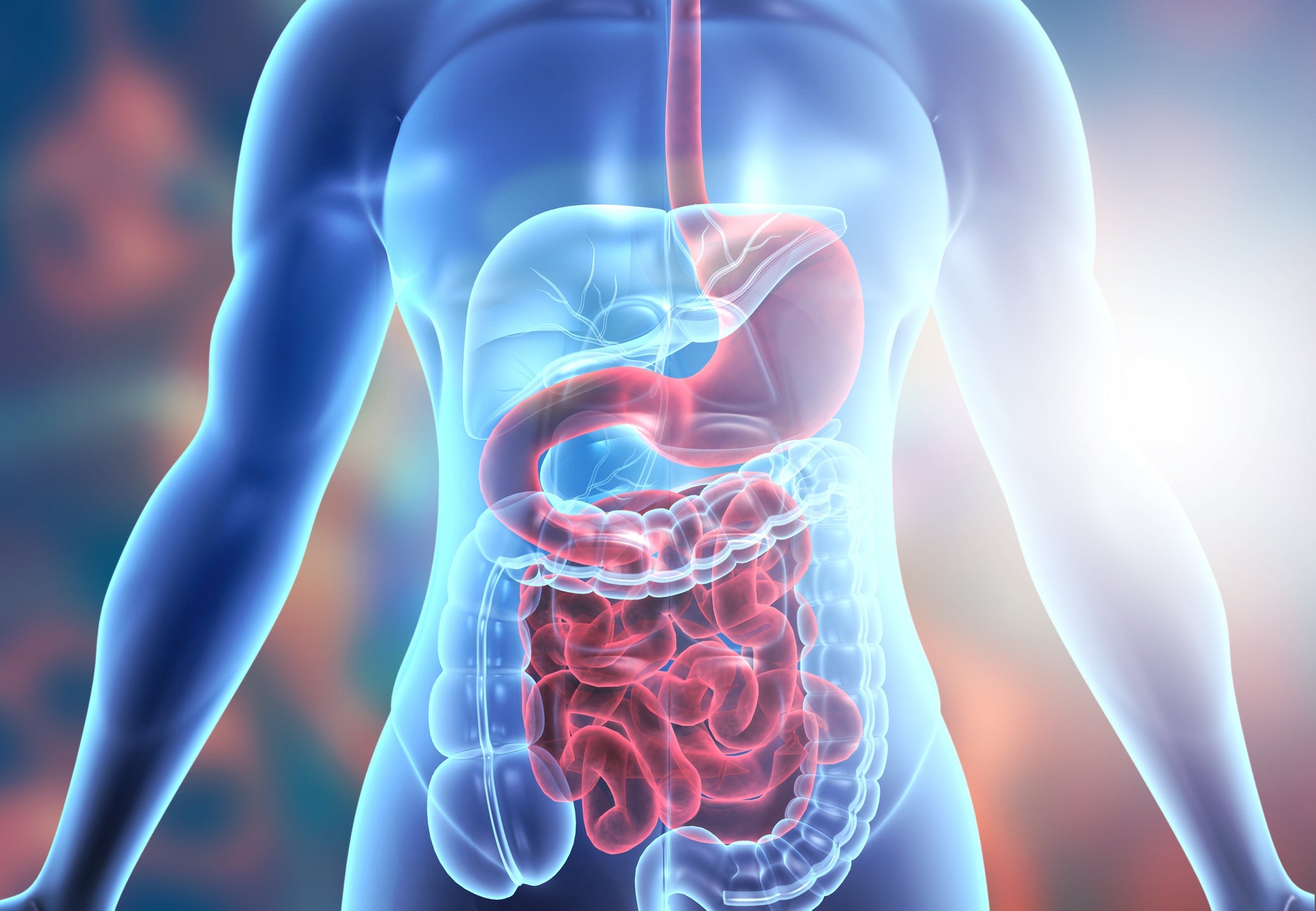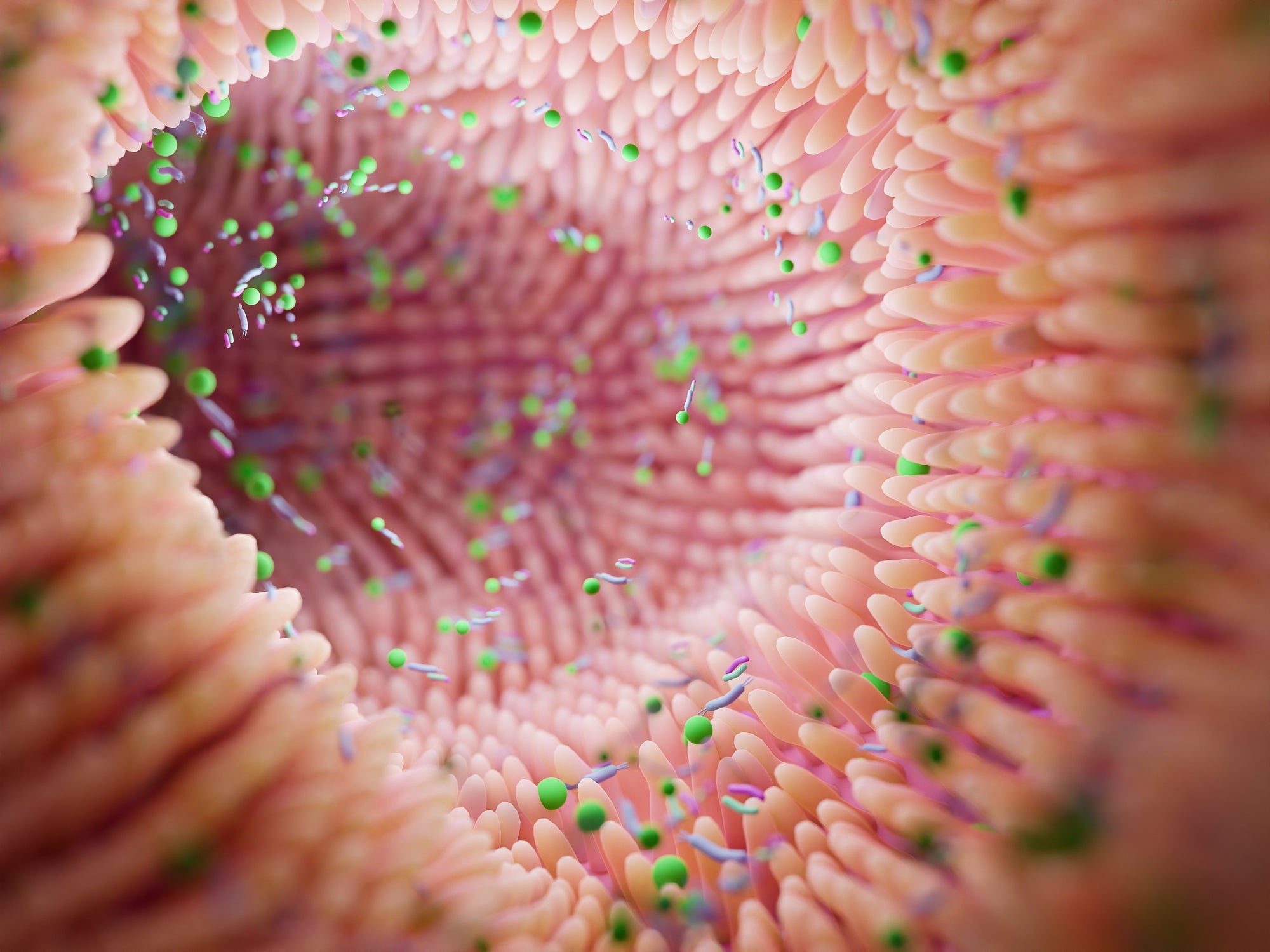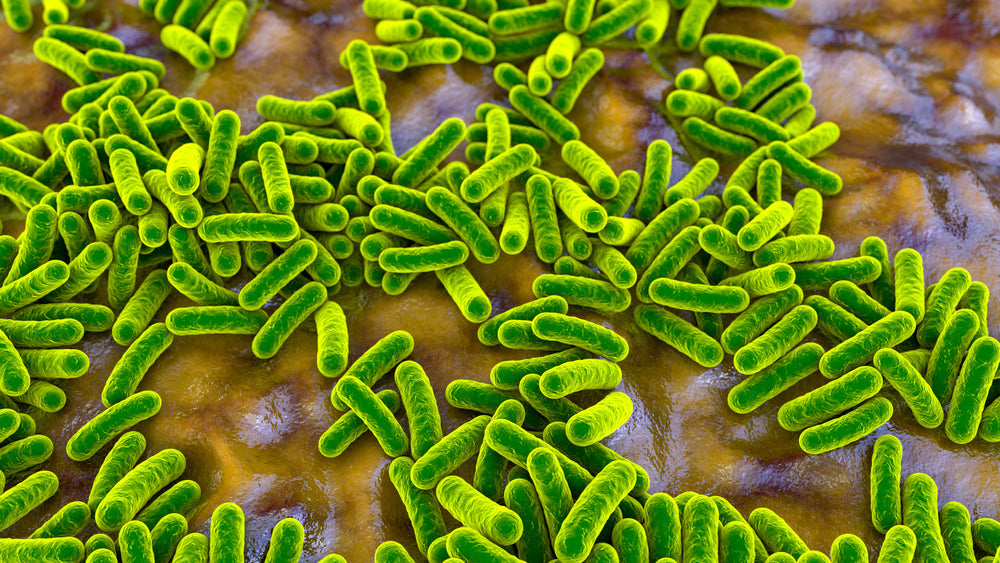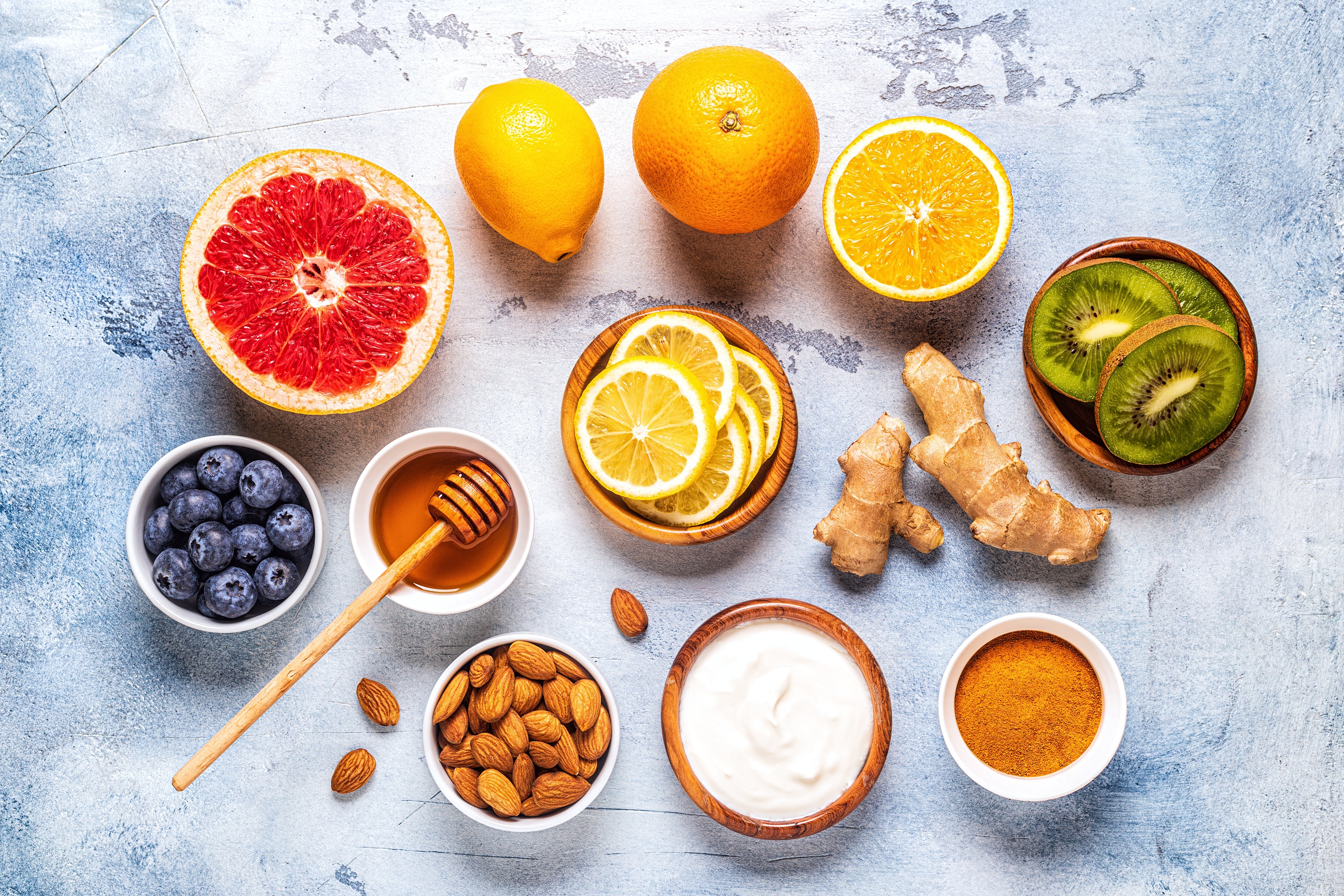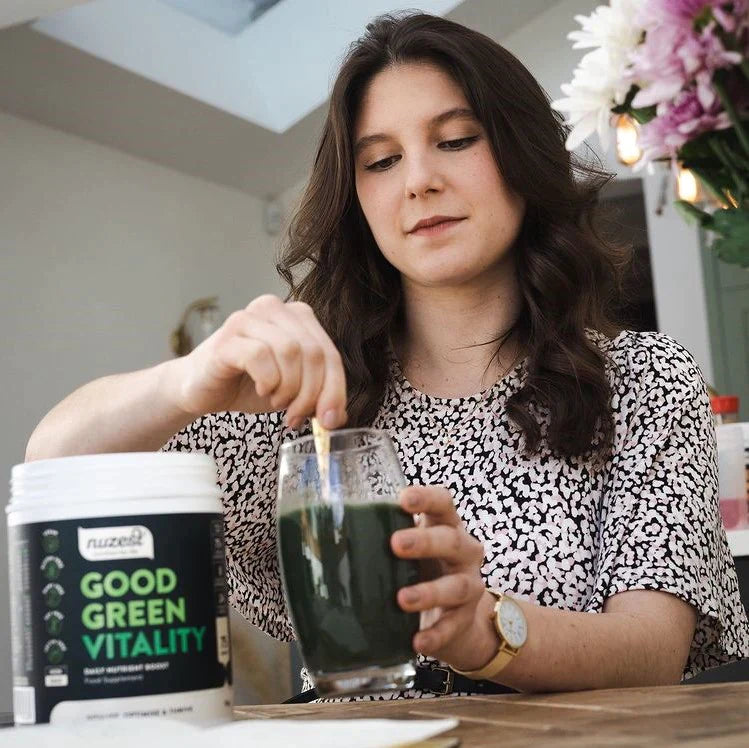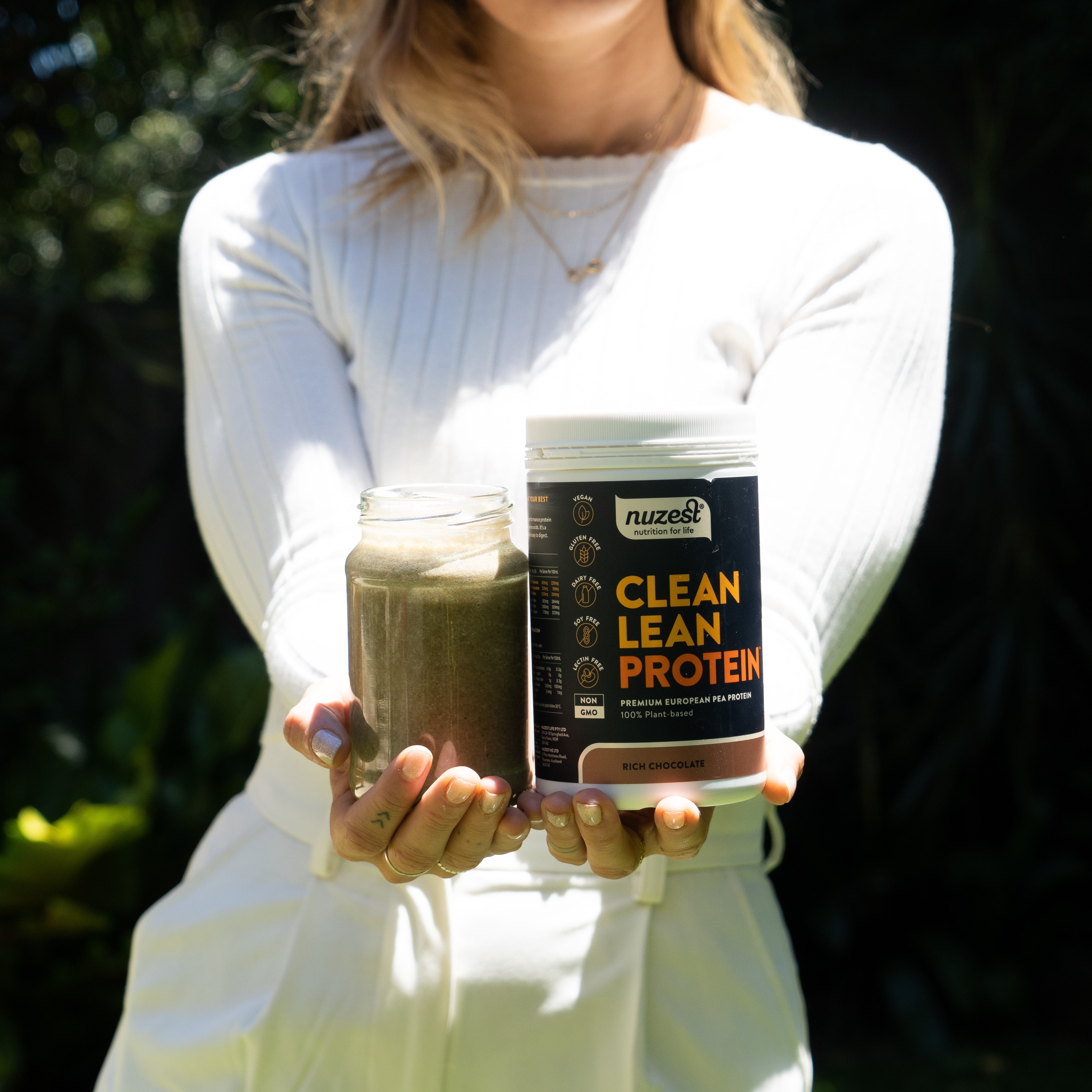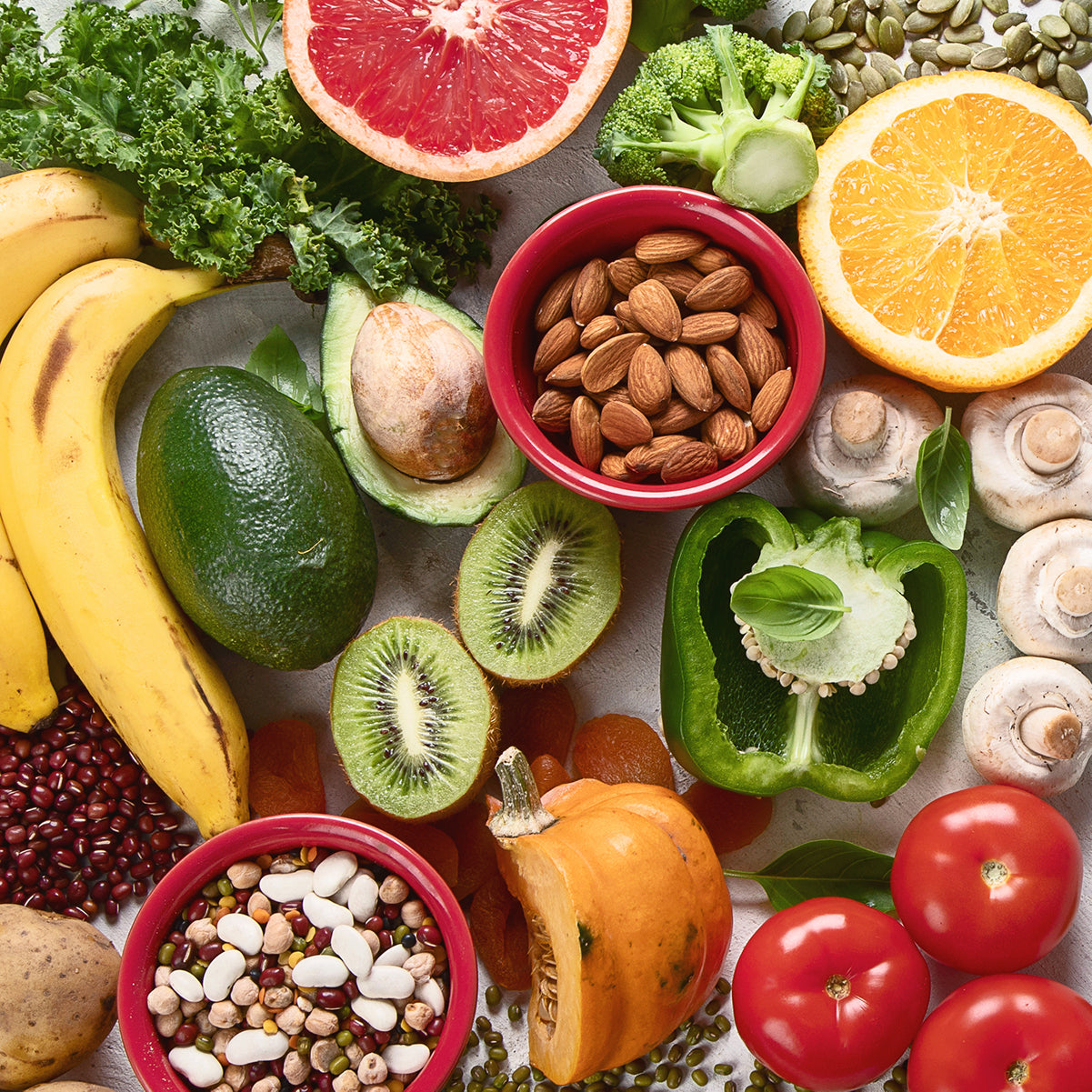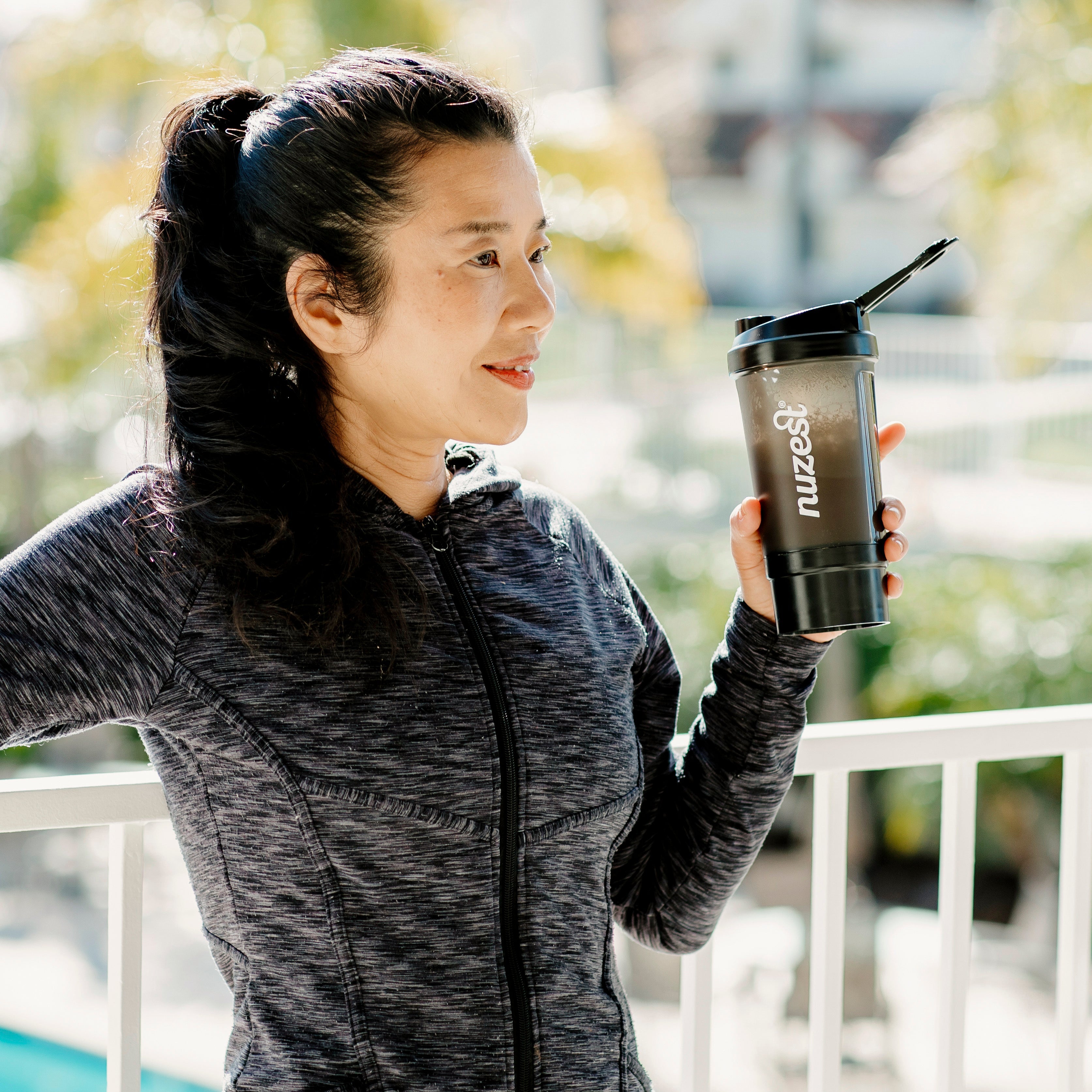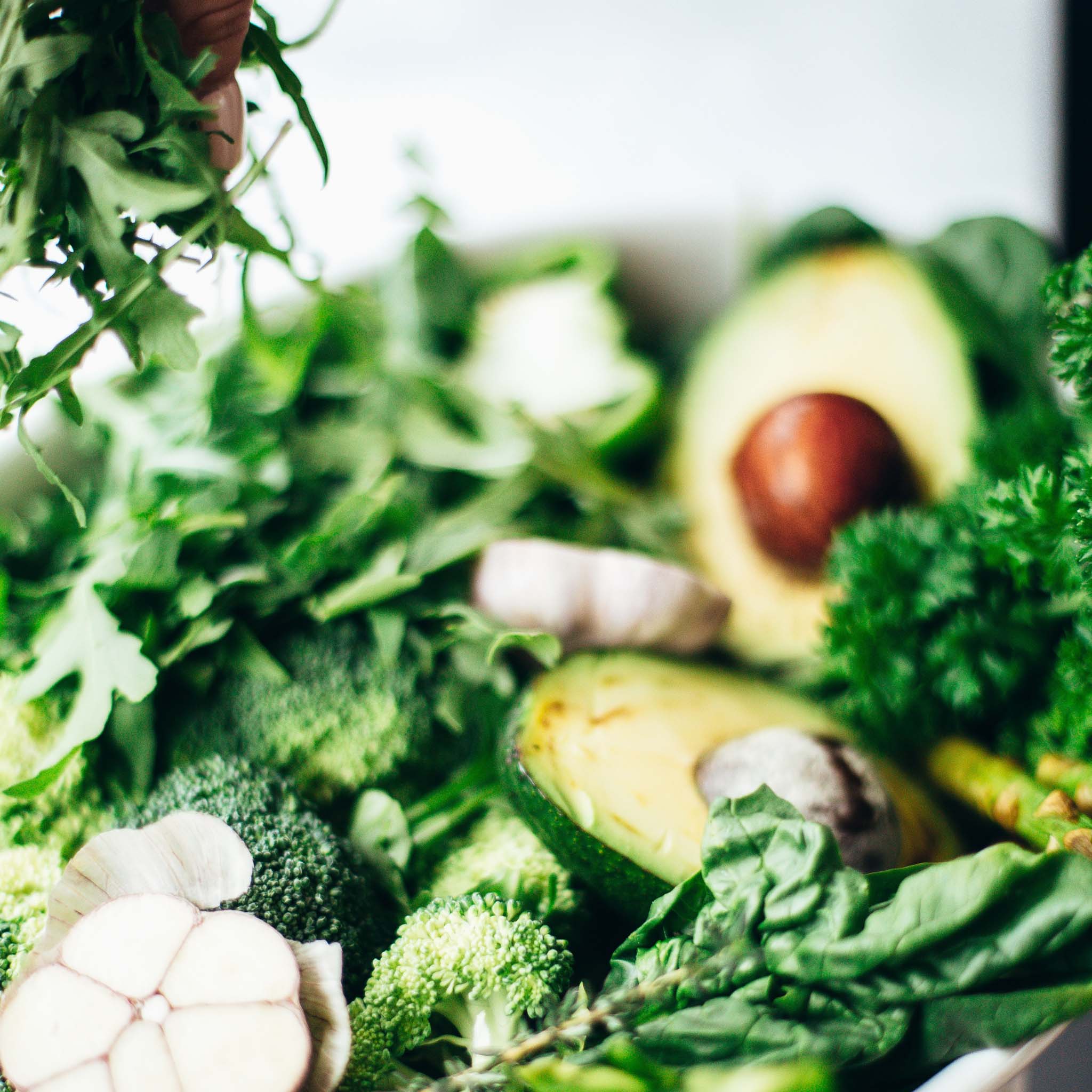When many of us think about protein, we think muscles. We don’t automatically associate protein with our mood. Perhaps it’s time we did.
Protein provides us with amino acids which our bodies use to build and repair. The body uses these amino acids as the building blocks to produce structures (our organs, muscles, bones, skin, hair, nails); enzymes; hormones and neurotransmitters within the body. Amino acids are important for immunity, and they can also be used to produce energy. Protein is classified as a macronutrient and classed as essential- which means we need to get fairly large amounts of it from our diet daily.
Neurotransmitters
Neurotransmitters are chemical messengers which help the brain communicate with the body. Neurotransmitters help regulate many functions within the body including things like our heart rate, breathing, sleep cycles, digestion, concentration, appetite, muscle movement and mood. We have neurotransmitters classified as excitatory, inhibitory and modulatory. An example of an excitatory neurotransmitter is acetylcholine which helps trigger muscle contractions, stimulates saliva and sweat production and controls our heartbeat. Serotonin is an example of an inhibitory neurotransmitter which helps regulate mood, sleep, appetite and pain. Neurotransmitters that are modulatory are also often referred to as neuromodulators and include molecules such as endorphins which are released during pleasurable activities such as exercise, massage and eating. Endorphins can help relieve pain, improve our sense of wellbeing and reduce stress.
An imbalance in neurotransmitters can negatively impact our mood. Let’s take a closer look at one in particular: serotonin. Serotonin is our happy hormone. When we are low in serotonin, we might find that we feel depressed, find it difficult to sleep, want to eat too much, and struggle with a low pain threshold. Serotonin is a precursor to melatonin- that all important sleep inducing molecule. We produce serotonin in the gut and in the brain, and we use the amino acid tryptophan to create serotonin.
Foods high in tryptophan include: bananas, beans, beef, dairy products, fish, legumes, lentils, oats, peanuts, pumpkin seeds, sesame seeds and soybeans. Coffee can suppress serotonin production- if you are going to have a coffee, aim to have it at least an hour after a meal. Clean Lean Protein is a great source of all the essential amino acids we need, including tryptophan. Each serving gives you 194mg of tryptophan- now that will put a dent in what you need daily!
Try our Happy Hormone Smoothie to help boost your mood!
Other things to consider when thinking about our mood:
Sunshine and Vitamin D
We often get told that we need to expose our skin to the sun, and that's because regular, healthy exposure to the sun and getting enough vitamin d is so important for good health- as well as our mood.
Essential fatty acids
We need a good supply of essential fatty acids, especially omega 3 fatty acids, for a healthy brain, nervous system and a healthy mood.
Vitamins and minerals
Nutritional deficiencies can contribute to feeling blue. We need our vitamins and minerals so that our bodies can function optimally. They can help to increase our vitality and our resilience to the demands of life.
Good bacteria in the gut
The science around the microbiome is constantly growing and it evident that the good bugs positively affect our mood.
Sleep
Sleep deprivation can be devastating for our health and it can alter your mood significantly. Just think about how you handled a stressful event or a conflict when you were tired- it felt so much more difficult didn't it? We need good quality and quantity sleep regularly.
Exercise
Bring on those feel good endorphins! Exercise is important not only for our physical health, it can improve our mental wellbeing too. Regular exercise is a great way to relieve tension.
Meditation and mindfulness
This can help to still the mind and calm the chaos of our busy lives.
Social interactions- time spent with family and friends
We are social creatures and we tend to shrivel up with too much isolation and thrive more when we have quality social interactions where we feel connection. make sure you throw in some fun and pleasurable activities that you enjoy.
Talking to a professional
Sometimes we need a little extra support- some counselling or work with a psychotherapist can make a big difference.






